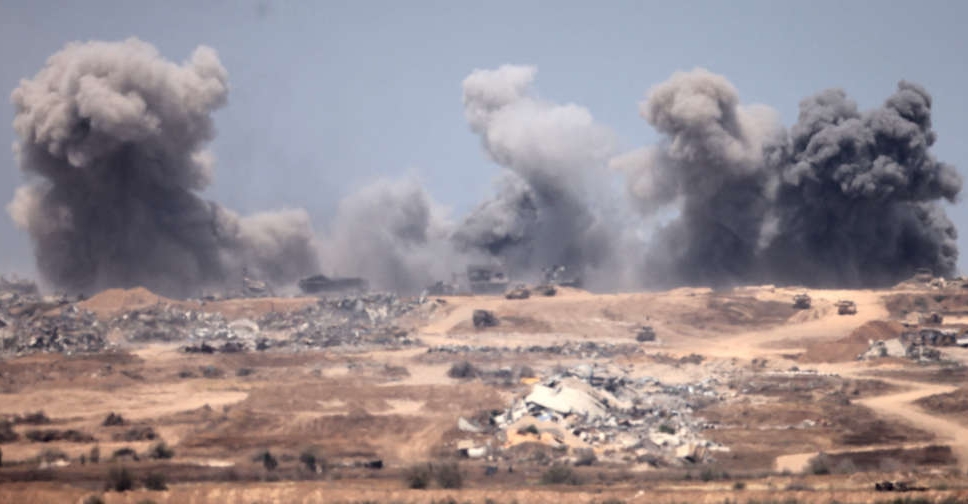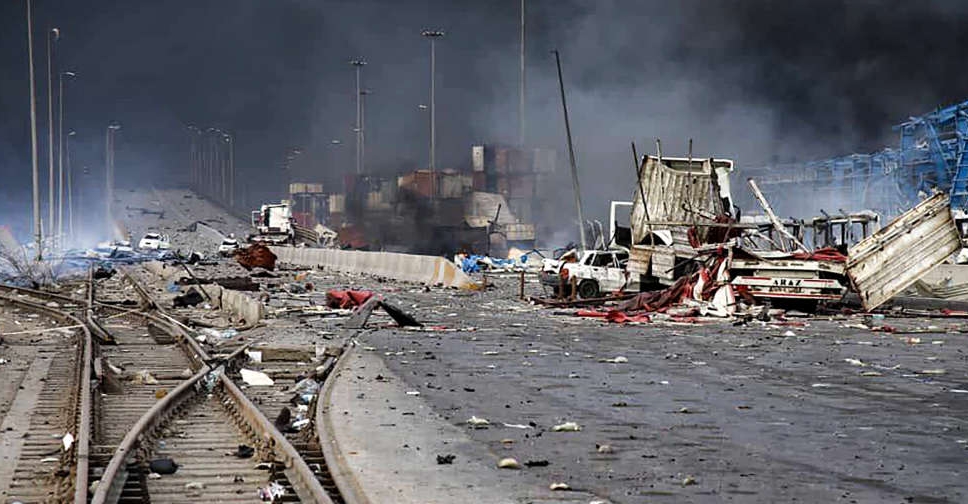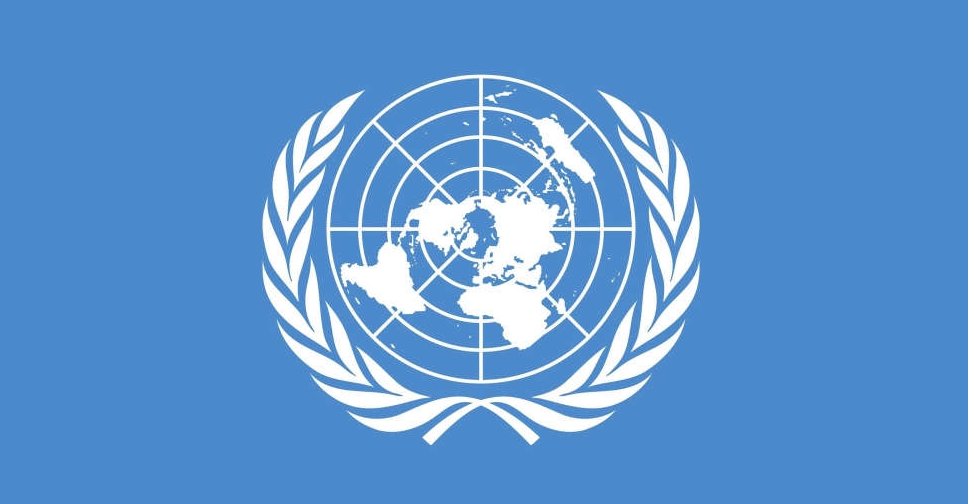
Wildfires in Oregon and Washington are blanketing much of America's Pacific Northwest with smoke, choking residents in Seattle, Portland and other parts of the two states with the worst air in the United States, according to government data.
In the Seattle area, home to some four million people, the sky was brown and the air was difficult to breathe on Thursday. When the sun peeked through it was orange.
"It's been making me dizzy," said Joe Dinkins, who was waiting for a friend along the Elliott Bay waterfront in downtown Seattle Thursday. "I usually walk around a lot, but I've been having to cut down my exercising and take the bus instead."
The 10 U.S. locations with the worst air quality on Thursday were all in Washington or Oregon, led by Oakridge, Oregon, 150 miles (240 km) southeast of Portland. Oakridge's air quality index was 487, in the hazardous category, according to the federal airnow.gov website.
Seattle, with an air quality index of 207 and Portland, with 204, led large cities on the list, with air considered to be very unhealthy. To have poor air quality from wildfire smoke as late in the year as October is unprecedented in Washington, said Susan Woodward, spokesperson for the Washington State Department of Ecology.
"It's a column of smoke all the way down to the ground right now," she said.
The air quality index measures a combination of ozone and particulate pollution in the air.
In Portland, the air was hazy and people wore N95 face masks outside as they walked or rode bicycles through town, Harry Esteve, a spokesperson for the Oregon Department of Environmental Quality, said on Thursday.
In Oregon, smoke from numerous fires has been held close to the ground by a weather system, he said.
On Thursday, Oregon expanded an air quality advisory to cover much of the state including the Portland metro area, urging people to stay indoors if possible and use filtered ventilation systems or air purifiers.
Rain expected on Friday throughout the region was expected to aid firefighting efforts and improve air quality.
But Esteve said that officials working to put out numerous fires burning in Oregon fear that extreme dry conditions over the summer have left brush and other fuels for fire so parched that it would take a lot of moisture to extinguish them. As a result, the blazes may continue to smolder and create smoke despite the anticipated precipitation, he said.
The federal government's InciWeb wildfire information site shows more than two dozen wildfires currently burning in Washington and Oregon. About 10 fires burning within a few hours' drive of Portland have contributed to the smoky air there, officials said earlier this week.




 Qatari PM: Ceasefire talks on Gaza show signs of progress
Qatari PM: Ceasefire talks on Gaza show signs of progress
 More than 700 injured in Iran's explosion
More than 700 injured in Iran's explosion
 UN warns funding cuts threaten vital aid
UN warns funding cuts threaten vital aid
 Multiple dead in Vancouver after vehicle plows into street festival
Multiple dead in Vancouver after vehicle plows into street festival


